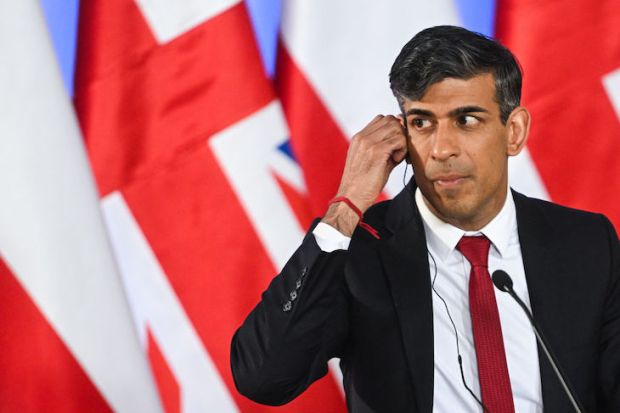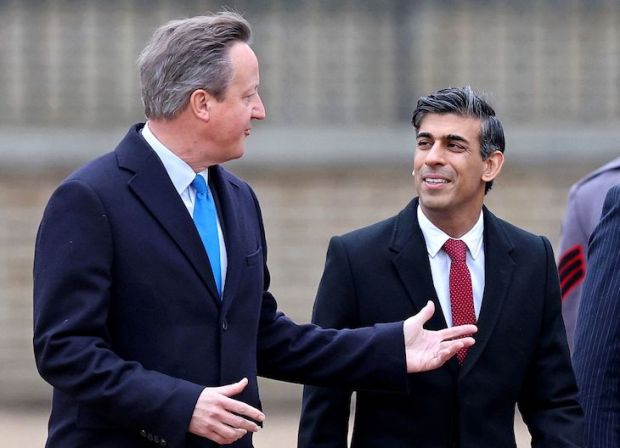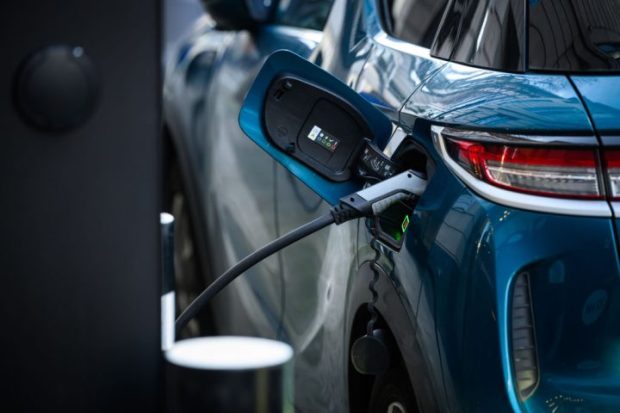Will Britain become the first country in the world to have a large section of its population immunised against Covid-19 three times over — and will that be a worthwhile achievement? The government is reportedly planning to give out booster shots — eventually to everyone over the age of 50 — starting as early as 6 September. This appears to be following the advice issued by the Joint Committee on Vaccination and Immunisation on 30 June.
The reasoning is that the benefits of immunisation wear off over time and that third shots would limit the damage from a further wave of Covid infection emerging this winter, possibly combined with a flu outbreak. Britain is not the only country considering booster shots. Israel has already begun administering them to people with compromised immune systems and late last week announced that it would extend them to everyone over the age of 60. In the US, the Centers for Disease Control dismissed the case for third shots three weeks ago, but on 22 July its advisory committee on immunisation recommendedthem for the 2.7 per cent of Americans with suppressed immune systems as a result of either organ transplants or cancer treatment. But no other country so far has committed itself to giving over-fifties a third shot.
In its recommendation for the programme, the JCVI argued that vaccines offer good protection ‘for at least six months’. Yet if third shots are administered from 6 September at a rate of 2.5 million a week – as the government has suggested – then it would mean many people receiving a booster less than six months after their second shot. Most septuagenarians and octogenarians who received their first shot in early January were not offered a second shot until early April – only five months before they will be called for a third shot. People in their early fifties did not receive their first shots until late March and a second shot until mid-June. If the government really does rattle its way through 2.5 million third shots a week from 6 September it would mean this group being jabbed a third time around mid-November, again only five months after their second shots.
There is some good justification for a third shot for those who have previously received the AstraZeneca vaccine – as I wrote here in March. A smallish South African study suggested that the AstraZeneca vaccine had only an efficacy rate of 21.9 per cent against the Beta – or South African – variant. At the time, the Beta variant seemed to be a serious threat to Britain, although – perhaps fortuitously in some respects – it has been pushed aside by Delta (or the Indian variant). If those who have received AstraZeneca were to be given a third shot of one of the other vaccines it could offer protection against a possible rebound.
But a general programme of third booster shots does come with a potential risk – if the government tells us we all need an extra shot after so short an interval, might it undermine confidence in the vaccines at a time the government is trying to persuade more young people to have a jab? The obvious question when letters start arriving on doormats will be: does the government know something that we don’t, that immunity is fading faster than expected? And if it is, are vaccines really going to get us out of the pandemic?
Got something to add? Join the discussion and comment below.
Get 10 issues for just $10
Subscribe to The Spectator Australia today for the next 10 magazine issues, plus full online access, for just $10.




















Comments
Don't miss out
Join the conversation with other Spectator Australia readers. Subscribe to leave a comment.
SUBSCRIBEAlready a subscriber? Log in